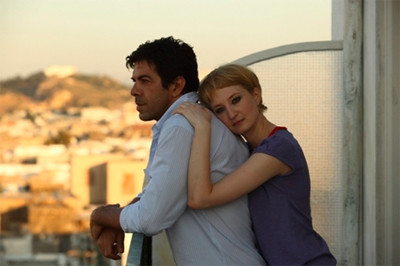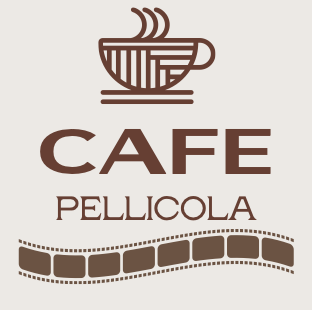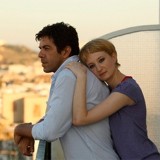If you think what made Neorealism successful; a genuine blend of non-professional actors, shots on location, themes of social hardships and “objectively” journalistic camera – served to post-war Italian audiences that must have said “yea this is exactly what we’ve gone through!” and then went on garnering a worldwide admiration.
Then, when you think of Soldini’s films (see Days and Clouds – Giorni e nuvole Silvio Soldini – 2007) you may consider him as neorealist too serving similar, yet updated formula customized to the social hardships of the modern man. This time around nobody stole his bicycles, he doesn’t live in a shantytown barely surviving and not caving down under the exploits of the fishing village cartels (feel free to guess films).
 Authentic capture of the morning after: romanticism vs. realism
Authentic capture of the morning after: romanticism vs. realism
His basic needs are now fully satisfied: a nice apartment (shelter), sophisticated dinners (food), loving partner (personal love), family and friends (social love), and a decent meaningful job (money/esteem). So in essence, now his mind is practically free to wander around and entertain “what ifs” games that gradually turn into love affairs carrying some heavy implications to the above nearly perfect “Maslow needs pyramid” he has diligently built.
This is the context for the rather banal story of Ana (Alba Rohrwacher) and Domenico (Pierfrancesco Favino) each idly orbiting in their own quotidian spheres maintaining their “pyramids” until a meaningless encounter – Domenico serves as catering waiter at Anna’s office event – disrupts this Shangri-La and gradually mushrooms into an affair with real consequences.
Soldini has a great knack for fine details that transform such simple and over told plot into a human believable experience: this woodpecking thought Anna is first experiencing should she make the first step and call Domenico or not, the ensuing multiple attempts to consume their romance each time with another unexpected interruption and throughout the affair the cardinal role the cellphone plays nowadays, at once making the couple closer, but at the same time alienating their betrayed partners.
“What I want more” is the original Italian title for the film where in the US the title was revised to “Come Undone.” Without checking any background info or interviews with the director to learn the exact motive, which I bet most people don’t, I find the original title as an observation of a human hedonistic/selfish preference: “out of these menu life choices, after being stuffed with all the must-haves: food, shelter, and esteem, then being freshly loved is the one dessert item on the menu I really cannot get enough of.”
Whereas the revised title “Come Undone” to me signifies a more conservative observation of immature-undone behavior, or else the protagonists would have realized life is about making compromises where you get what you need from the menu, and not necessarily what you want.
That’s the beauty of films, it’s nice to dig deeper and understand exactly why a certain plot, title or camera angle were selected. But I believe, the purest movie experience is often a personal dialog between the content and the viewer’s own experiences to make it meaningful/less. What you see here is the outcome of my dialog. What’s yours?

